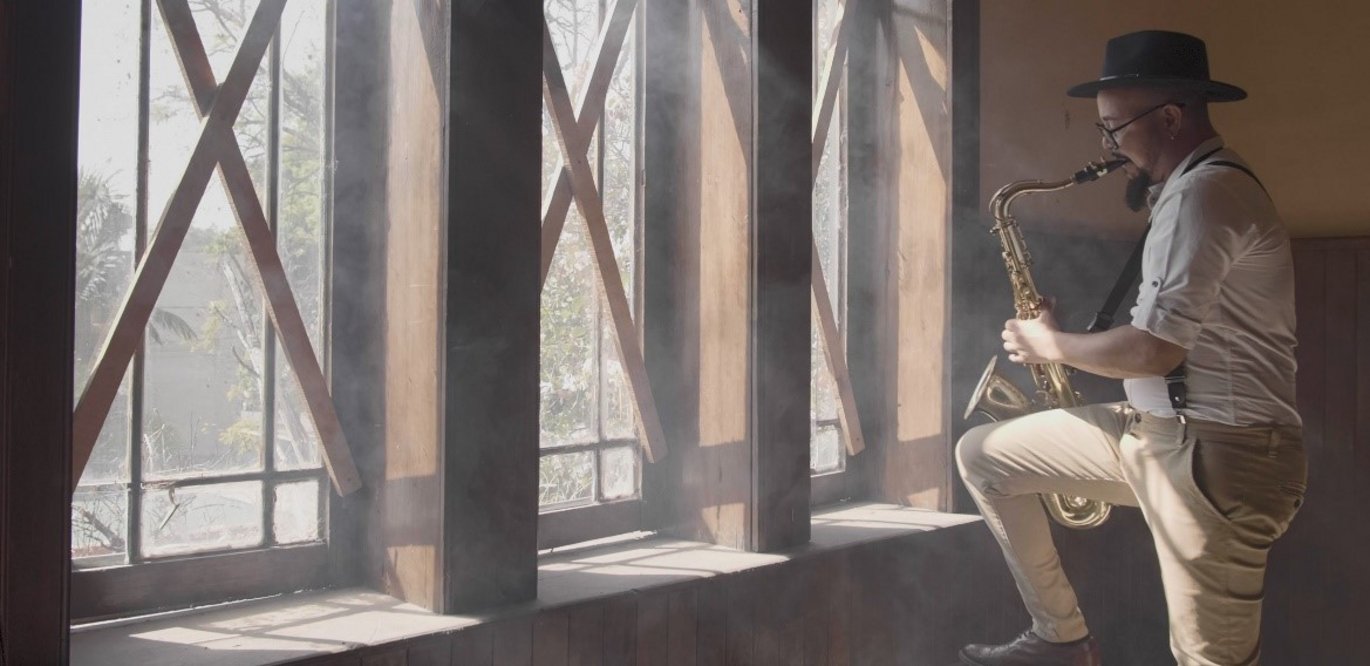Coping through crisis with coronamusic
Two new, international research studies by AIAS Fellow Niels Chr. Hansen and collaborators reveal that corona-themed music was especially important in regulating emotions during the coronavirus crisis.

Beyond the immediate health risks of the COVID-19 pandemic, the containment measures it necessitates have brought with them a number of other stressors that can undermine individual and collective well-being. As an initiator of two international research projects, Assistant Professor and AIAS Fellow Niels Chr. Hansen from the Aarhus Institute of Advanced Studies and Center for Music in the Brain at Aarhus University has documented the novel musical repertoires of corona-themed music and investigated whether engagement with music during lockdown was an effective strategy for socio-emotional coping.
Large cross-continental music survey during lockdown
In the first study, ‘Viral tunes: changes in musical behaviours and interest in coronamusic predict socio-emotional coping during COVID-19 lockdown’ published in the journal Humanities & Social Sciences Communications, the research team from Denmark, Germany, Ireland, Finland, and USA collected demographically representative samples from six countries on three continents during the first lockdown period in April and May 2020. Over 5,000 people from UK, USA, Germany, France, Italy, and India were asked in an online survey about how they engaged with music during the crisis. More than half of respondents reported using music to cope with emotional and social stressors.
People who experienced increased negative emotions due to the pandemic were found to engage with music primarily as a way to regulate depression, fear, and stress, especially via music listening. People who reported more positive emotions overall were found to use music largely as a replacement for social interaction. Not just music listening, but also music making gave them a sense of belonging to a community. Making music, moreover, served as a method for self-reflection.
The novel genre of “coronamusic” was especially important. This term refers to musical responses to the coronavirus crisis, such as newly composed pieces, themed playlists, and famous well-known songs whose lyrics were changed to fit the pandemic. The research team found that the more interested respondents were in coronamusic, the more music listening and making seemed to help them cope emotionally and socially.
Crowd-sourcing of coronamusic
In a second study, ‘A crowd-sourced database of coronamusic: documenting online making and sharing of music during the COVID-19 pandemic’ published in the journal Frontiers in Psychology, Niels Chr. Hansen collaborated with colleagues from the universities in Oxford, Oslo, and Jyväskylä on collecting a crowdsourced database of coronamusic videos that were posted on YouTube during lockdown. The researchers used modern citizen science methods whereby members of the public could submit their favorite examples of coronamusic and mentions of coronamusic in public news media. The 465 videos and 233 news articles in the final Coronamusic Database clearly show that positive emotions like happiness, humor, togetherness and being moved were especially common. This confirms the great coping potential of funny and happy coronamusic suggested by the first study.
 The logo includes images of headphones provided by Mozilla, a coronavirus by Manuela Molina (@mindheart.kids), and coronaviral font, all licensed under CC BY 4.0.
The logo includes images of headphones provided by Mozilla, a coronavirus by Manuela Molina (@mindheart.kids), and coronaviral font, all licensed under CC BY 4.0.
The importance of creative responses during crisis
The findings from these two studies underline the importance of real-time creative responses in times of crisis. New corona songs offer a much-needed opportunity for collective response – and this makes them even more useful for strengthening resilience of both the individual and the community. These findings therefore contribute to ongoing debates about the importance of music and culture in society.
The scientific journal articles
International survey study
Fink, L.K., Warrenburg, L. A., Howlin, C., Randall, W. M., Hansen, N. C., & Wald-Fuhrmann, M. (2021). Viral tunes: changes in musical behaviours and interest in coronamusic predict socio-emotional coping during COVID-19 lockdown. Humanities & Social Sciences Communications. https://doi.org/10.1057/s41599-021-00858-y
Coronamusic database study
Hansen, N.C., Treider, J. M. G., Swarbrick, D., Bamford, J. S., Wilson, J., & Vuoskoski, J. K. (2021). A crowd-sourced database of coronamusic: documenting online making and sharing of music during the COVID-19 pandemic. Frontiers in Psychology, 12, 684083. https://doi.org/10.3389/fpsyg.2021.684083
Contact
Niels Chr. Hansen
nchansen@aias.au.dk
Mobil: +4525338833
Aarhus Institute of Advanced Studies, AIAS &
Center for Music in the Brain (MIB)
Aarhus University
Høegh-Guldbergs Gade 6B
DK-8000 Aarhus C
Denmark
Twitter: @nielschr_, @AIAS_dk
